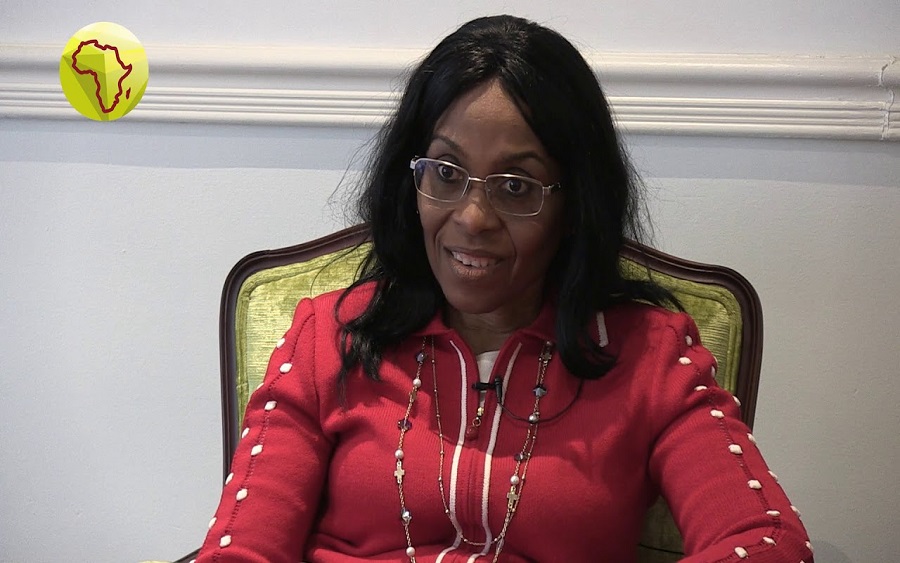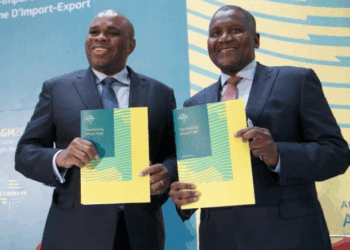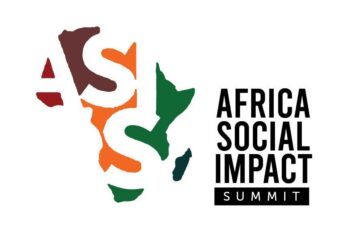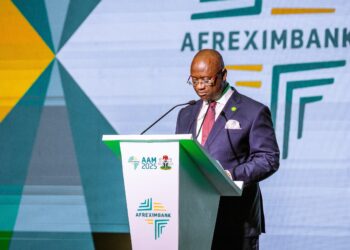The African Export-Import Bank (Afreximbank) has disclosed plans to develop an African Cotton programme in order to help boost the cotton sector in the continent.
This was announced by the bank’s Managing Director for Intra-African trade, Kanayo Awani during the launch of the African Corner at the World Cotton Day organised by the World Trade Organisation in Geneva.
The Cotton Initiative tagged African Cotton Initiative (AFRICOTIN) is one that will involve upstream interventions, boosting production of cotton on the continent and downstream interventions, promoting and financing the consumption of cotton products.
[READ MORE: Afreximbank discloses plan to list via IPO]
Why this matters: Awani made known that the cotton value chain is a viable sector which provides income for millions of people in Africa. It is even more pertinent to those who live in rural areas as majority of them are into this line of business. Also, it represents an important source of foreign exchange for many countries.

For countries like Burkina Faso and Mali, Cotton accounts for a high percentage in their agricultural export value. Other large producers of Cotton in Africa apart from these two include Tanzania, Zimbabwe, Benin and of course, Nigeria.
According to Awani, Afreximbank has a cotton pipeline of about 400 million Euros, which includes $195 million dollars in textile and cotton parks located in Burkina Faso as well as textile and garments industrial parks in Nigeria.
What you should know: Recall that Nairametrics reported when the Governor of the Central Bank of Nigeria, Godwin Emefiele was quoted to have recognised the difference between the textile industry in the past and in recent times, as he acknowledged that the country’s textile industry was not contributing immensely to the economy as it used to.
Emefiele had noted that although the country’s textile industry is capable of transforming the economy by reviving the cotton and garment sector, thereby improving Internally Generated Revenue (IGR) across the three tiers of government, it was not doing so.
[READ ALSO: Afreximbank invests over $500m in the maritime industry in 3 years]
According to him, in the 1980s and 1990s, Nigeria was recognised as Africa’s largest textile industry with over 180 textile mills in operations, employing close to over 450,000 people, and contributing over 25% of the workforce in the manufacturing sector.
The CBN governor said the textile industry is now different entirely from what it used to be, and that most of the factories have all stopped operations. He said only 25 textile factories are operational at below 20% of their production capacity, and the workforce of the textile industry stands at less than 20,000 people.
The Afreximbank initiative can, therefore, be a wake-up call for the Nigerian textile industry as it may benefit from the 400 million euros cotton pipeline in store.
























